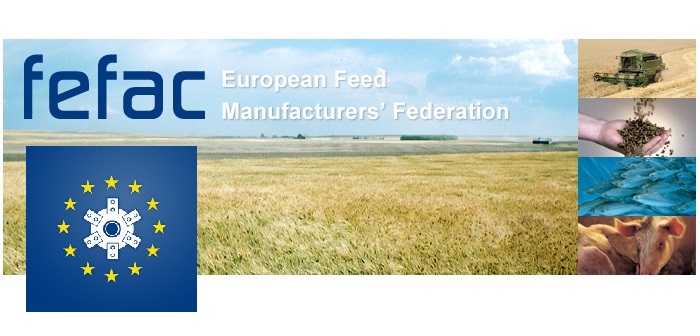Europe’s compound feed manufacturers have called on the European Council to set up a working group to analyse the key market and regulatory pressures that they say are currently “impairing” the feed industry’s capacity to alleviate the cost burden on livestock farmers.
The call, issued by FEFAC, the European feed compound body, was released today as an “expression of solidarity” with European livestock farmers in the light of the current market crisis. FEFAC also said it wished to share in the concerns already being voiced by COPA-COGECA.
“The feed industry’s success depends on the viability of the European livestock sector and is therefore committed to explore all possibilities to maximise the competitiveness of the feed supply chain,” said FECAC, adding that it had been pointing out, for a long time, that there is a growing risk of diminished competitiveness across the European livestock sector because of a lack in legislative global harmonisation when it comes to feed production.
While maintaining that its member businesses were doing their best to provide a “buffer” for the livestock sector against any short-term volatility on the raw materials market, FECAC said that such activities were being “hampered by a series of regulatory and market restrictions”.
“With a view to increase the competitiveness of the European livestock farmers, we therefore recommend the establishment of a dedicated Council working group to analyse key market and regulatory pressures that impair the feed industry’s capacity to alleviate the cost burden on livestock farmers,” it said. “Most importantly, FEFAC points to the current European Commission’s GM import ‘opt-out’ proposal as a severe threat to livestock farmers in member states aiming to ban the use of GM feed materials, thereby cutting off market access to competitive feed supplies.
“FEFAC strongly suggests the EU Council to seek rejection of this proposal and in its turn recommend more harmonisation of EU sanitary and trade standards related to feed production and supply, in order to ensure a level playing field for both feed and livestock producers and secure the strategic raw material supply.
“In addition, the EU Farm Ministers should intensify the analysis on how to increase the competitiveness of EU protein production, both for existing (oilseed meals) and alternative protein sources (algae, microbial protein and insects).”




